On September 22, 2020, The Georgia Independent School Association (GISA) convened member schools in a webinar on Navigating Fundraising During A Pandemic. Facilitated by Linda McNay and Ailena Parramore of Our Fundraising Search, the attendees shared the status of their own school fundraising programs.
- 92% of attendees were back in school in person, 8% were not.
- 25% of schools were not running their annual fund this fall.
- No schools reported giving as up compared to last year. 27% said giving was down. 73% reported giving as the same as this time last year.
- One third of those attending said they were hosting their usual fall fundraising events. 9% were hosting their annual gala.
- If a school was anticipating an upcoming capital campaign, the projected start date was 40% in January 2021; 20% in July 2021; 20% Fall 2021, and 20% planned to launch in 2022.
Fundraising for schools is unique compared to other types of nonprofits. In schools, leadership gets to have daily interaction with supporters; there is generally strong annual fund support, there may be competing requests for support for athletics, academics, and the arts. Alumni participation is low compared to colleges and universities and is a source of future support. Schools should be constantly educating families about the need for giving beyond tuition dollars. This can be accomplished by new family meetings with development and the head of school every fall.
This is a good time for school development offices to become better organized, cleaning up the database, researching new donors and establishing suggested gift amounts, and figuring out relationships determining who is the best person to make each ask.
While annual funds are important to meeting the annual budget, this year parent participation may be less than ideal depending upon which family breadwinners may have lost jobs or been furloughed during the pandemic. Schools would be wise to focus on major gift fundraising to meet budgeted goals.
This is a good time to recruit new volunteers and provide fundraising training so that development volunteers can be more effective.
Virtual events tend to raise fewer dollars than live activities. There is still an opportunity cost in terms of expenses and time. Schools should evaluate each event to see if they should be repeated or wait until it is safe to meet again in person.
Schools still need to raise money during these times. We still need to be out asking and for a specific amount. It is also a good time to solicit planned gifts. Asking prospects to include the school in their estate plans should become a part of every conversation.
Major gift prospects include those who have a connection to the school, maintain a good relationship with the school, have the ability to give and have likely given before, and may have a desire for recognition.
This is a good time for schools to update their named recognition plans. Maintain a list of all named spaces and those not named with accompanying prices.
Our Fundraising Search has these recommendations for all schools so that they will be ready for Post-Pandemic Fundraising (PPF):
- Conduct a Mini Strategic Plan Environmental Scan & Risk Assessment
- Conduct an Accompanying Mini Development Assessment
- Convene a Facilitated Session to Revise Strategic Plan & Development Plan
- Offer Board Effectiveness Training and Board Fundraising Training
- Craft an Initial Design for Your Next Campaign
- Consider Fundraising Coaching from Experienced Professional Counsel or Fundraising Mentoring
- Consider Development Search so that School Development Offices will be properly staffed.
Our next GISA workshop, 30 Asks in 30 Days: Major Gifts During a Pandemic will be held virtually at 10 am, October 15. Register at http://www.gisaschools.org/
Our Fundraising Search offers these additional school fundraising resources:

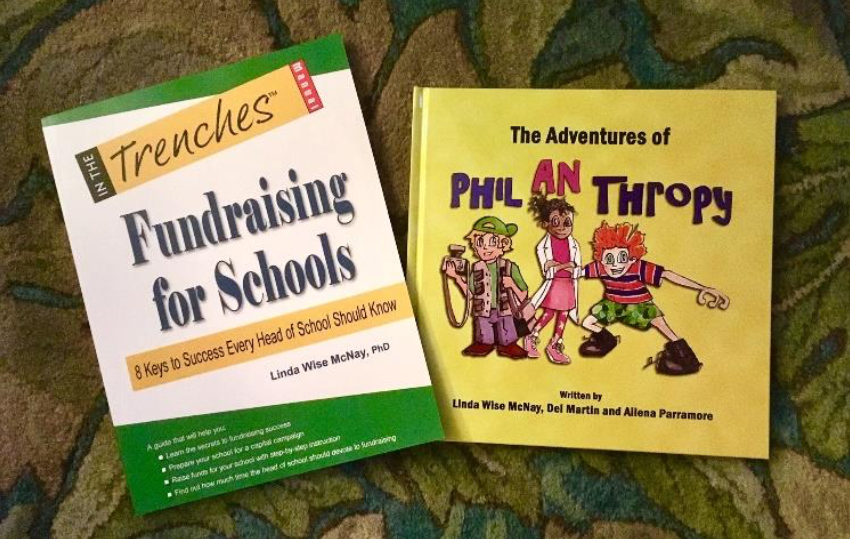


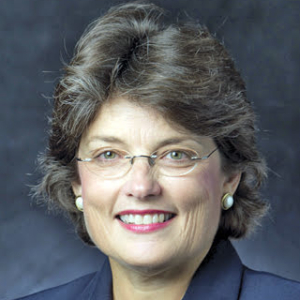

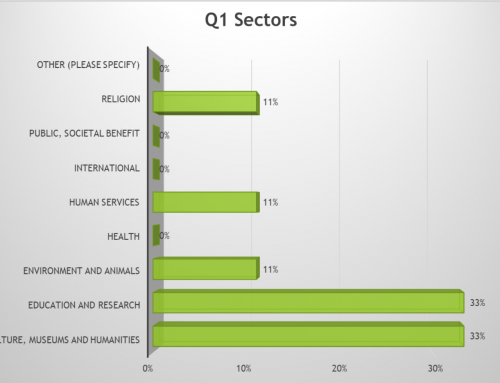
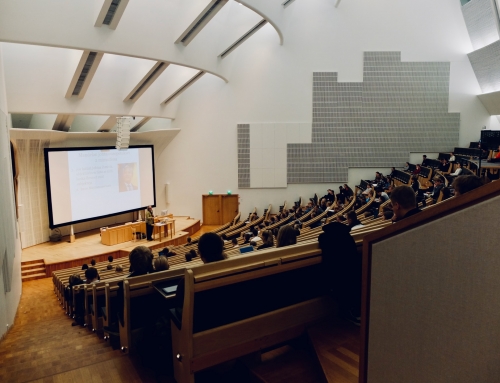

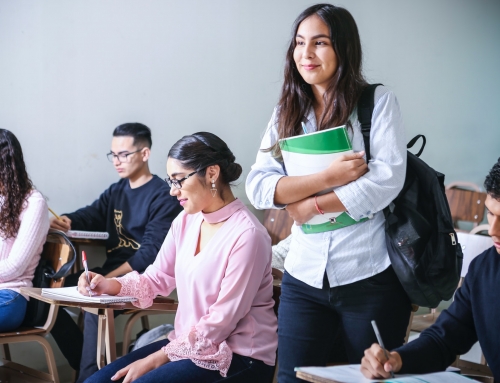
Leave A Comment